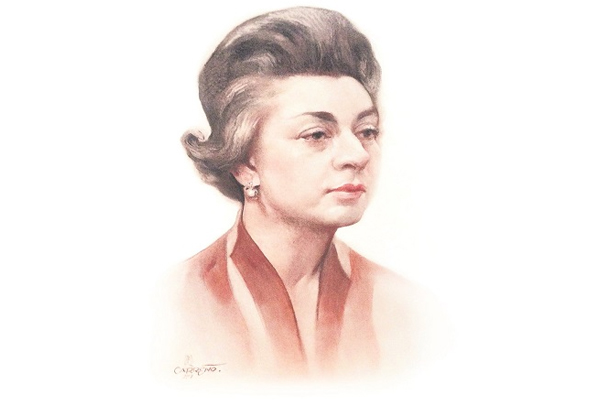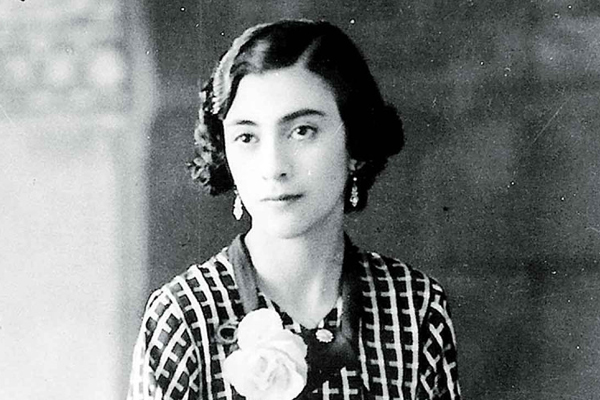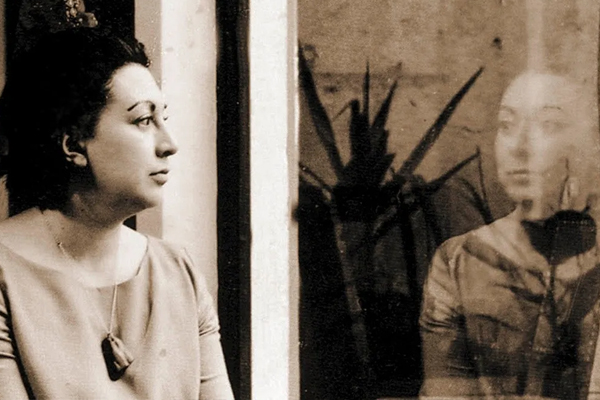This article originally appeared in the September 6th, 2023 issue of the México Solidarity Project bulletin.
While researching her dissertation, Andrea Reyes located 335 previously uncollected essays by the Mexican author and outspoken feminist, Rosario Castellanos (1925-1974), resulting in Mujer de palabras: artículos rescatados de Rosario Castellanos. In 2013, Reyes’ analysis of those essays were published in Recuerdo, recordemos: ética y política en Rosario Castellanos; Reyes is working on an English translation of that book. She hopes to share the work of this extraordinary Mexicana with English-speaking readers.
What paths led you to Rosario Castellanos’ door?
In college I was introduced to Rosario Castellanos’ writing in a class on women’s literature. I decided I had to do a project on her. The attention she gave to her female characters and to the tensions between indigenous persons and whiter Mexicans stood out to me — it was unusual to find in Mexican literature at that time.
My own life has led me to México and to her. After growing up in Northern California, I moved to Los Angeles, which happens to be the second biggest Mexican city in the world. When I was 16, I traveled to Cuba with the Venceremos Brigade and loved speaking and improving my Spanish.



When I got home, I took working class jobs before college — one was Farmer John’s meat-packing plant, where I got to know many Spanish-speaking workers. As did Castellanos with her indigenous servants, I identified more with my co-workers than the racist white supervisor of my own class.
Rosario was from a privileged and landed family in Chiapas. How did it happen that she sided with indigenous people who served them?
Castellanos’ early life was marked by loss of status, loneliness, family dysfunction, and the death of all her family members by the time she was 23. When Rosario was only eight, a relative told her mother that one of her two children would die, and she heard her mother scream, “Not the boy!” Shortly afterward, her brother died of appendicitis.
When in 1941 President Cardenas enacted land reform and peasant emancipation, her parents lost much of their land and moved to México City. So it was hardly strange that Castellanos was closer to her Mayan nanny than her family, and learned so much about indigenous ways from her.
Castellanos’ first novel, the autobiographical Balún Canán, has a unique structure and voice. A 7-year-old girl narrates the first and third sections, but the first voice you hear is indigenous — the girl’s nanny. The little girl experiences her own crisis of un-belonging, born on the wrong side of justice during the agrarian reform that upended the plantation system of men like her father. In Balún Canán, the novel’s final image shows the girl with a pencil in her hand, signifying that you must be the narrator of your own story.

